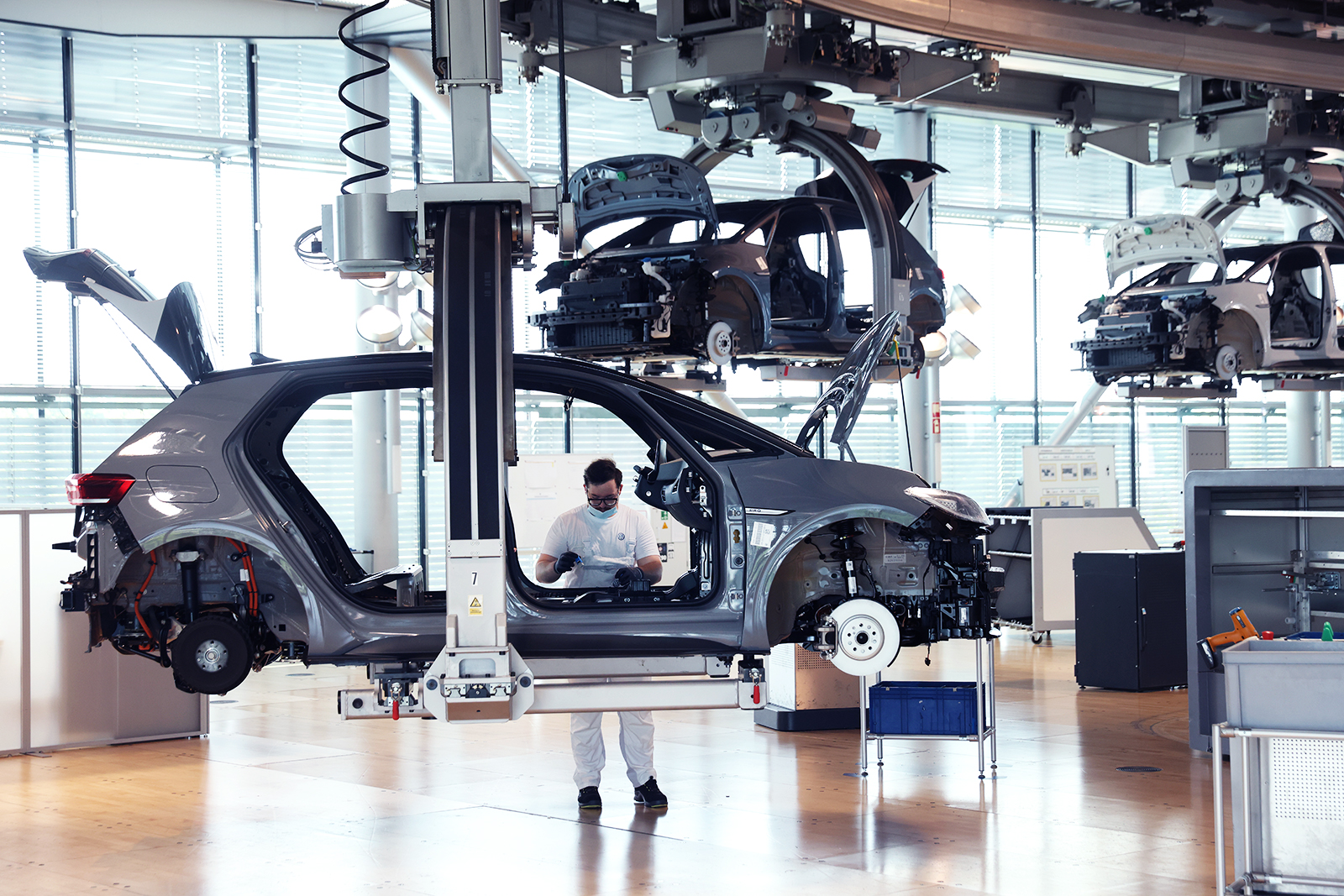
Brighter Futures: Bristol’s Anaphite Secures £10.4M Funding to Revolutionize Battery Tech
A Bristol-based company specializing in battery technology has successfully raised £10.4 million in a recent funding round, signaling a robust commitment to advancing electric vehicle (EV) battery manufacturing. Anaphite was founded in 2018 by two innovators, Sam Burrow, a chemist, and Alexander Hewitt, a physicist, who have embarked on the mission to create a more economical and energy-efficient process for battery production.
Funding Details and Future Plans
The funding, co-led by World Fund, a European climate-focused venture capital firm, along with Maniv, a global early-stage VC, attracted a wealth of interest from climate-conscious investors, including EEI and Nesta. Existing investors such as Elbow Beach Capital and Wealth Club also contributed to this significant financial backing.
With this newfound capital, Anaphite aims to scale operations, establish a production facility, and increase research and development to broaden its technology pipeline. The move is poised to create new job opportunities and foster further innovation in the battery technology realm.
“There is an acute hunger for change and improvement in the industry. Our technology has the power to revolutionise the electrode production process while lowering costs and emissions for EV and cell manufacturers, and we can’t wait to see it in action.” – Alexander Hewitt, COO of Anaphite.
A Journey of Innovation
The journey of Anaphite began when Hewitt and Burrow met at the University of Bristol, where they first filed for a patent in 2018. Their entrepreneurial spirit was evident early on as they raised £60,000 in pre-seed funding and took residence in an incubator lab to develop their innovative technologies further.
By 2021, the pair had successfully applied their technology to lithium-ion battery cell electrodes, demonstrating their commitment to innovation by securing £2.7 million in seed and grant funding. Collaborations such as dry coating feasibility trials in conjunction with the University of Warwick further validate their technological advancements.
In a notable turn of events, Anaphite closed another funding round of £4.1 million in mid-2022, allowing the addition of Joe Stevenson, a former commercial strategy director at Johnson Matthey, as the new chief executive. The leadership changes reflect a strategic push to integrate deeper industry expertise as Anaphite gears up for expansion.
 Innovations in battery technology are paving the way for a greener future.
Innovations in battery technology are paving the way for a greener future.
The Impact of Anaphite’s Technology
As the urgency for sustainable practices grows, technologies like those developed by Anaphite represent a critical shift necessary for meeting the increasing demand for electric vehicles. The company’s advancements in electrode production directly address the twin challenges of cost and emissions, making electric mobility more accessible and environmentally friendly.
With the automotive sector under pressure to reduce its carbon footprint, innovations that streamline battery manufacturing will be pivotal. The investment from a consortium of climate-focused investors emphasizes a collective understanding of the importance of technology in the shift toward a more sustainable automotive landscape.
Looking Ahead
The support and funding Anaphite has gained exemplify the larger trend of investment in green technologies. As the landscape of battery technology continues to evolve, the hopes are high that Anaphite’s advancements will lead to substantial improvements in how electric vehicles are powered.
As the world stands on the brink of a profound energy transition, companies like Anaphite are positioned uniquely to contribute significantly to this change. Their progress will not only be monitored by investors but also by consumers eager for more sustainable choices in transportation.
In conclusion, with significant funding in hand and a clear vision of how to leverage their advancements, Anaphite is set to make a lasting impact on the battery technology sector.
 The future of electric vehicles relies on groundbreaking technologies.
The future of electric vehicles relies on groundbreaking technologies.















